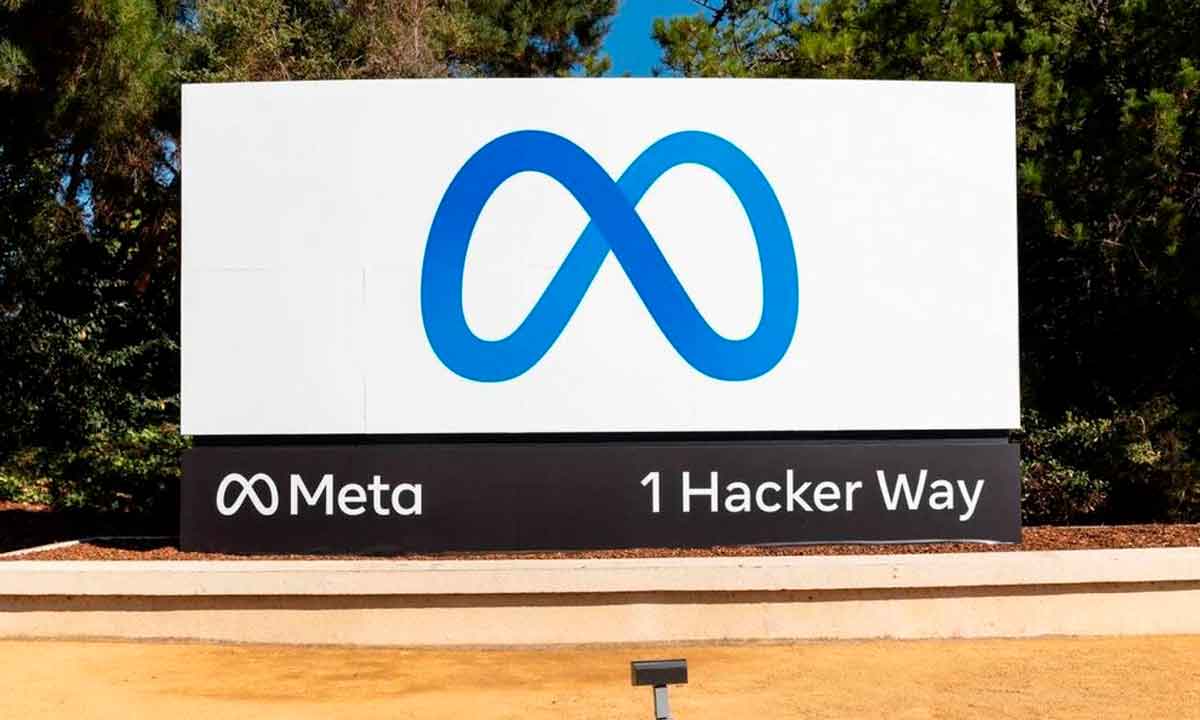
Although security-related news about Facebook is often negative, that’s not the case this time. What’s more, this is actually good news regarding Facebook and security. And although someone may be surprised, I am extremely happy to know that measures are being taken in this regard, aimed at protecting the accounts of service users, even if it is at the cost of forcing them to adopt measures to protect themselves.
Moreover, if we take into account that all this is not an improvised measure, but a plan described by Meta on his blog a few months ago, in which he reported on the expansion of Facebook Protect, an account protection program that, for various reasons, Meta considers to be especially threatened. And within the measures included in this program, there is the obligation to use one of the 2FA (two-factor) access options to be able to log in.
This, however, has led to some problems, part of them the responsibility of the users, and part of the social network itself. And it is that, some time ago, Meta began to send emails to its users, warning of the obligation to adopt 2FA. The problem is that, seeing them, they could have gone through a phishing campaign… and indeed, that is what happened. Many users discarded them thinking that they were illegitimate, and did not follow the steps indicated in them.
Consequently, in recent days quite a few people who had not previously activated two-factor authentication have found that they could not access their Facebook accounts. And this has been only part of the problem, since according to what some have reported, despite following the instructions provided by the social network, they are still unable to access the service, something that we can at least partially attribute to the fact that many requests have been concentrated in this regard. in a very short time.
Be that as it may, Facebook claims to have taken note of the incidents and is already working to solve them. In such a case, it would make sense to temporarily reverse the two-factor identification requirement until users have completed the process and the reasons why this method sometimes fails have been detected. Something that, however, should be limited in time, and more specifically in the short term.
Be that as it may, and although Meta should have taken more measures to avoid these failures, and have better refined the communication campaign in this regard, the fact that Facebook finally determines the mandatory nature of 2FA seems to me to be a step in the right direction. And it is that, yes, in agreement, the accesses are more tedious, but in return an exponentially higher level of security is granted. AND anything that improves the security of Facebook seems like a great idea to me.




